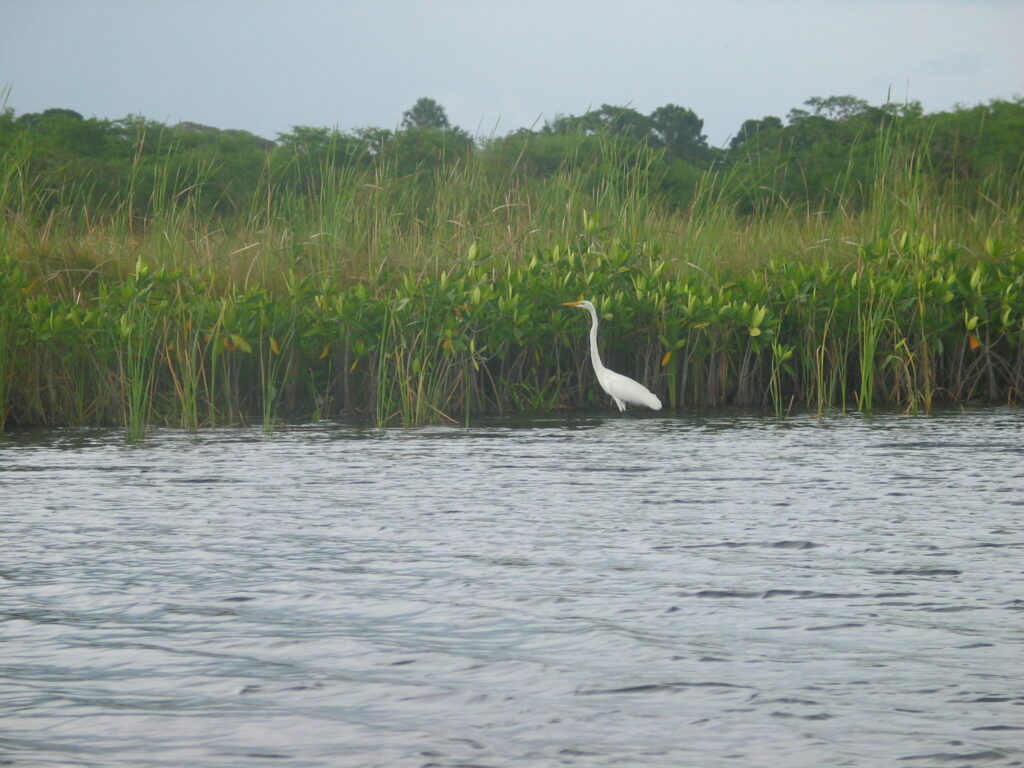

The Water Resources Authority (WRA) has successfully completed a detailed water quality assessment of the Black River Watershed Management Unit.
This study, which evaluated approximately 17 sites, aimed to better understand the impact of both man-made and natural influences on the watershed.
WRA environmental officer Orlando Thomas explained that the findings of the assessment are significant in understanding how to manage the quality of the water supply.
He said the study identified saline intrusion as a persistent issue, exacerbated by overpumping.
“Saline intrusion remains a major threat to water quality in this area. Agricultural, industrial, and domestic activities are dominant threats to water quality,” Thomas told JIS News.
Saline intrusion occurs when saltwater infiltrates freshwater sources and other coastal water bodies, potentially impacting drinking water, agriculture, and ecosystems, including fish populations.

Despite these challenges, the assessment found that the groundwater resources are still suitable for several uses, including domestic, agricultural, and recreational purposes.
Thomas pointed out that the ongoing threat of saline intrusion and overpumping necessitates immediate and collective action.
“The call for action is to reduce our greenhouse gas emissions drastically and transition to more renewable sources of energy, which includes solar, wind, and hydropower; improving our energy efficiency and to protect our forests because the forests, of course, absorb greenhouse gases,” he said.







Comments